Space Policy
The big idea: FCC hikes most satellite fees, low Earth orbit gets big bump
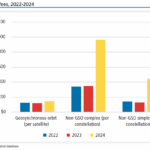
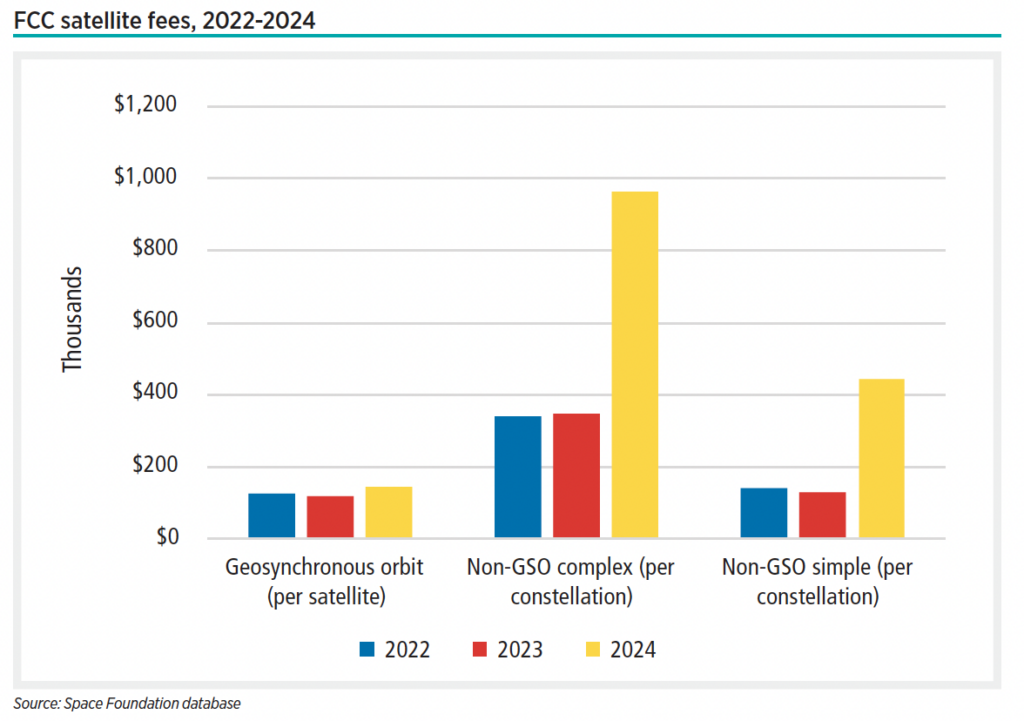
Almost all satellite operators will see much bigger bills this fall from a federal agency that regulates the use of radio frequencies.
The big idea: Pentagon looks to harness speedy space firms
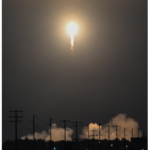
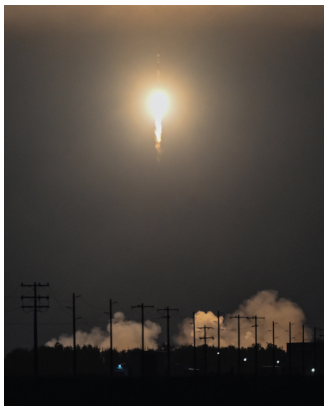
The Pentagon announced a closer relationship to commercial space firms during the 39th Space Symposium in April. Here’s what the new Commercial Space Strategy could deliver.
NASA goes full throttle for Artemis, cuts other programs
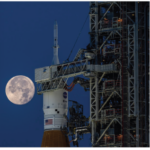
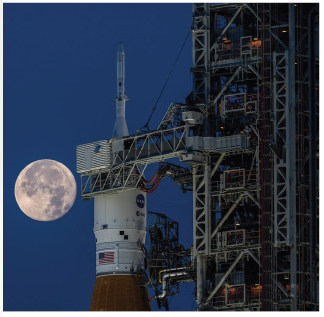
Faced with a budget capped at 2023 levels, NASA is striving to save its lunar ambitions, laying off employees and cutting programs in favor of the Moon. It is a pivot for the agency, which had warned budget cuts contemplated by Congress in 2023 could endanger Artemis.
Space Development Agency’s Tournear still has need for speed
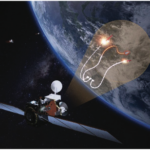
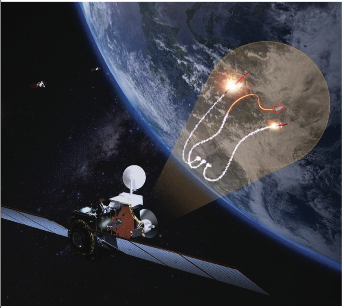
Four years into his tenure atop the Pentagon’s Space Development Agency, Derek Tournear saw key goals realized in 2023. The first small, commercially built satellites for missile warning and communications are set to change how the Pentagon detects missile threats
After Russian ASAT leak, superpowers back away from showdown
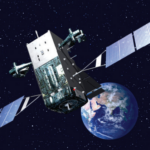
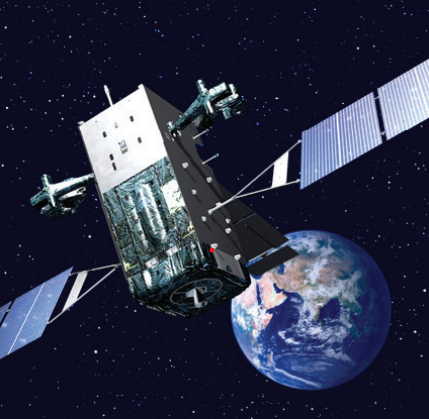
Growing threats from anti-satellite weapons were spotlighted in February when U.S. officials warned Congress about a Russian weapons development program targeting spacecraft with nuclear weapons.
Iran’s recent space success could advance nuclear aims, retired General says
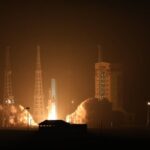
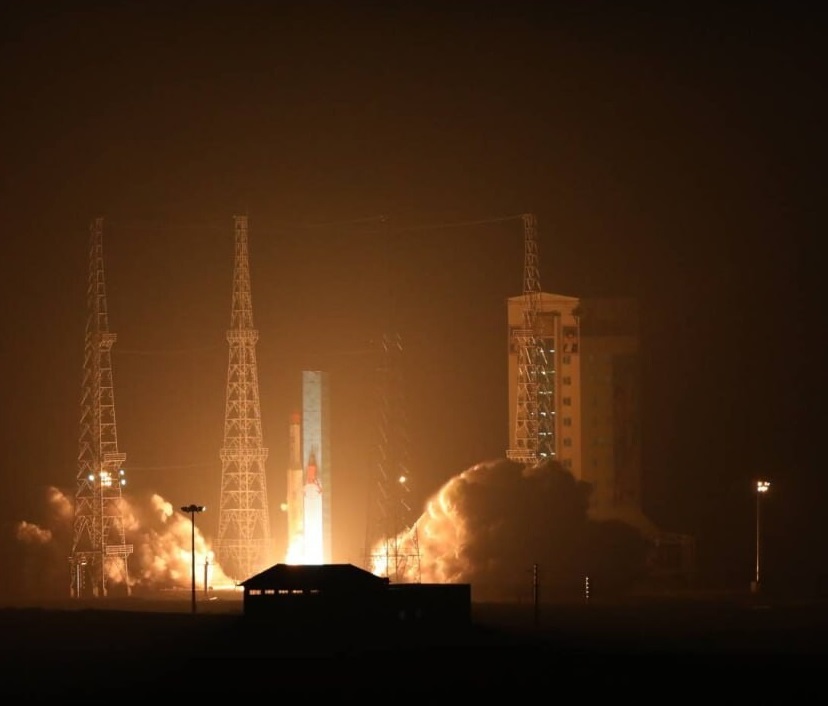
A Sunday launch that placed three Iranian satellites into orbit could signal the Islamic Republic’s ability to use its launch vehicles to deliver warheads to distant targets, warned retired Air Force Gen. Lance Lord, a former leader of Pentagon space efforts. Announced by Iran’s state news agency IRNA, the Sunday launch was the nation’s second successful space mission in the past month and the first to deliver multiple satellites. The three satellites, Mahda, Keyhan-2, and Hatef-1, were described by Iran as research satellites designed to test a variety of technologies including communications.
Spy Agency Uses Data from Space, Experience on the Ground to Win Battles, Save Lives with Maps

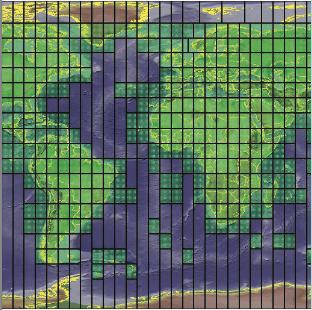
Seizing the high ground to see what lies ahead, a skill as old as warfare itself, has never been more important. Now, the National Geospatial Intelligence Agency, the intelligence community’s mapmakers, are seizing the high ground of commercial space to augment the products they deliver to the military and first responders at disaster scenes.
Accelerated Launch Pace, Debris and AI Shape the 2024 Space Forecast
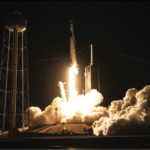
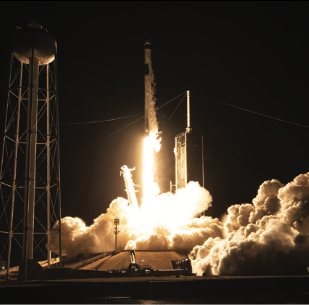 [caption id="attachment_14346" align="alignleft" width="309"] At Florida’s Kennedy Space Center, leaders expect to fire off a record 100 launch vehicles in 2024.Credit: NASA[/caption] Introduction | Coming off a year that again…
[caption id="attachment_14346" align="alignleft" width="309"] At Florida’s Kennedy Space Center, leaders expect to fire off a record 100 launch vehicles in 2024.Credit: NASA[/caption] Introduction | Coming off a year that again… White House Authorization and Supervision Draft Legislation on Collision Course with Hill and Parts of Industry

 Courtney Stadd spent more than 40 years as a senior official in the White House, NASA, U.S. Department of Commerce, U.S. Department of Transportation, and as a senior executive with…
Courtney Stadd spent more than 40 years as a senior official in the White House, NASA, U.S. Department of Commerce, U.S. Department of Transportation, and as a senior executive with… Making the Case for a U.S. Space National Guard


American foreign policy is sitting on a razor’s edge. The United States now must walk a tightrope between maintaining global posture and avoiding global conflict.